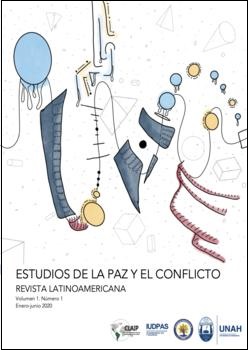MIGRATIONS AND IDENTITY. AN APPROACH FROM THE THEORY OF COLLECTIVE IDENTITY AND FROM THE THEORY OF THE SUBJECT
DOI:
https://doi.org/10.5377/rlpc.v1i1.9518Keywords:
Migrations, collective identity, subject, subjectivization, Alfonso Pérez-Agote, Alain Touraine, Michel WieviorkaAbstract
Globalization has produced two important phenomena related to identity. On the one hand, processes of social homogenization by the extension of a particular economic and cultural model, on the other the plurification of forms of being by the multiplication of information. This double process, which is complementary, has a unique impact on and due to transnational migrations. If in the past immigrate meant integrating into a new society and into a new culture in different manners and with different levels, in the global context this process is much more complex. In this text, we will try to analyse the processes of adaptation, (re) construction and (re) formulation of migrants identity (cultural, religious and ethnic) when they settle in a new society, through two great theoretical paradigms: the theory of the reproduction and transmission of collective identity (based on a phenomenological-genetic model) by Alfonso Pérez-Agote; and the theory of Subject by Alain Touraine and the subjectivization processes by Michel Wieviorka.
Downloads
3462
Downloads
Published
How to Cite
Issue
Section
License
The journal's contents are published under a Creative Commons Attribution 4.0 license (CC BY 4.0). This license allows third parties to share (copy and redistribute the material in any medium or format) and adapt (remix, transform and create from the material for any purpose, including commercial), as long as the authorship and first publication in this journal (Revista Latinoamericana Estudios de la Paz y el Conflicto, Universidad Nacional Autónoma de Honduras - Consejo Latinoamericano de Investigación para la Paz, DOI of the work) is acknowledged, a link to the license is provided and it is indicated if changes have been made to the original. The terms of the license are available online at http://creativecommons.org.




